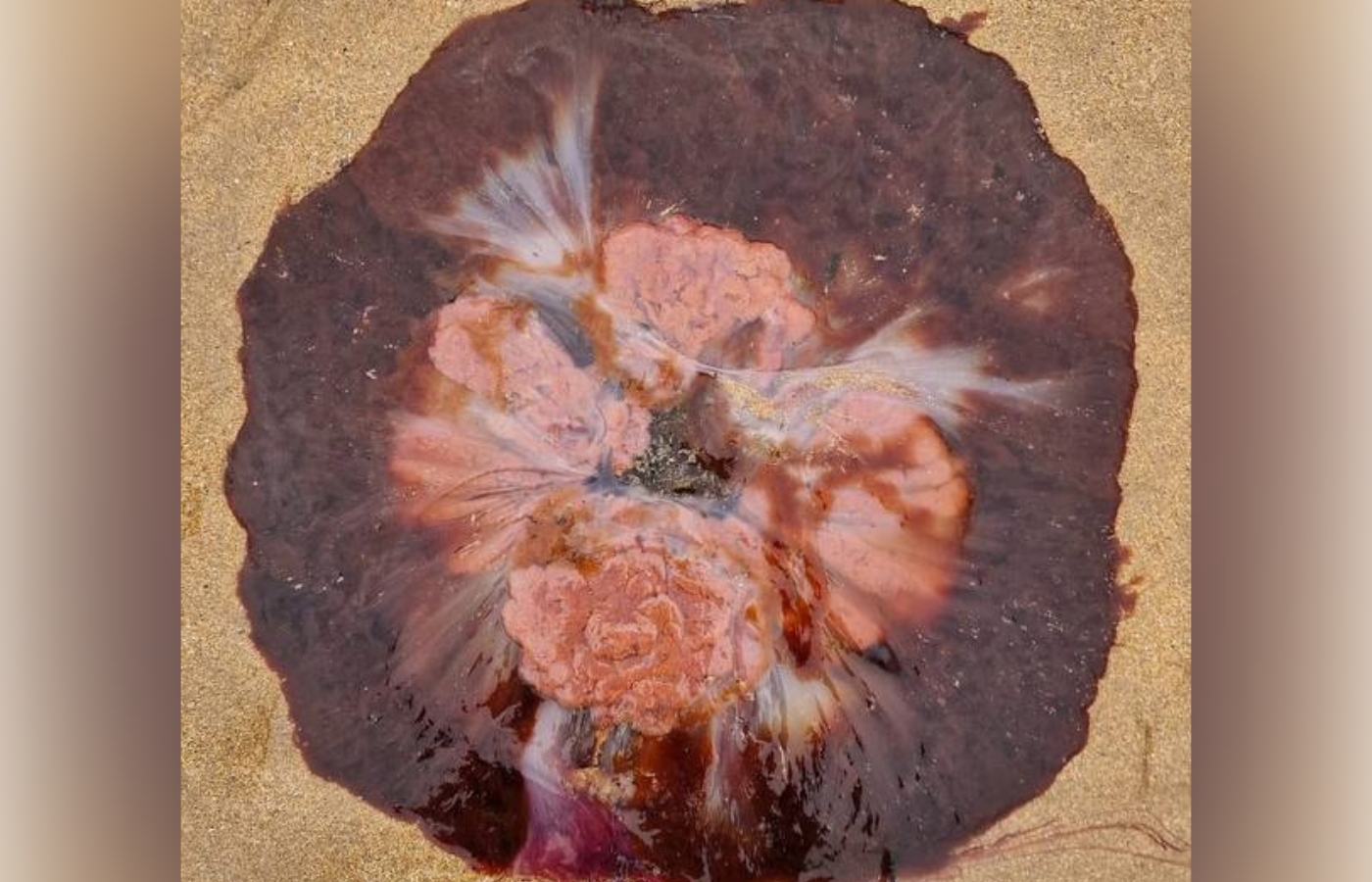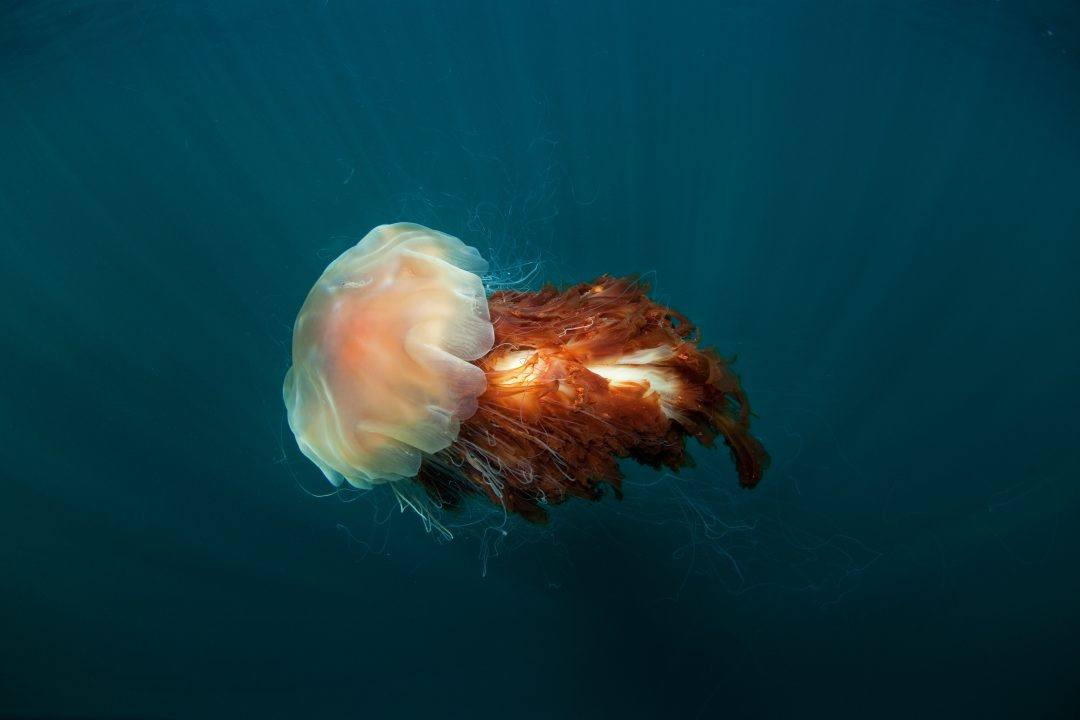A warning has been issued as warmer weather continues across Scotland, increasing the number of people being stung by jellyfish.
The RNLI issued the warning, saying the rise in sea temperatures has increased the number of beachgoers and the risk of people getting stung.
Jellyfish are fairly common throughout the summer months in Scotland, and it’s not unusual to spot them in blooms, either in the water or washed up along the coast.
 RNLI
RNLIMoon jellyfish, which are translucent with four distinctive pinkish-purple spheres, are relatively harmless and have a mild sting whereas others, such as the large reddish Lion’s Mane jellyfish or Compass jellyfish, can cause painful stings.
How to tell if you’ve been stung
Stings can be painful and may cause redness, swelling or a stinging sensation. If this happens, let a lifeguard know straight away so they can keep an eye on you and provide first aid if needed.
What to do if you’re stung
Avoid rinsing with fresh water or any substances with alcohol as this can worsen the sting. Instead, use a card to gently scrape off any remaining tentacles, then head back into the sea between the RNLI’s red and yellow flags. The cold salt water will help to soothe the pain and deactivate any remaining stingers from releasing further venom.
If you start to feel unwell, or notice a rash or swelling, speak to a lifeguard immediately as it may be signs of an allergic reaction.
Follow STV News on WhatsApp
Scan the QR code on your mobile device for all the latest news from around the country


 Adobe Stock
Adobe Stock

























